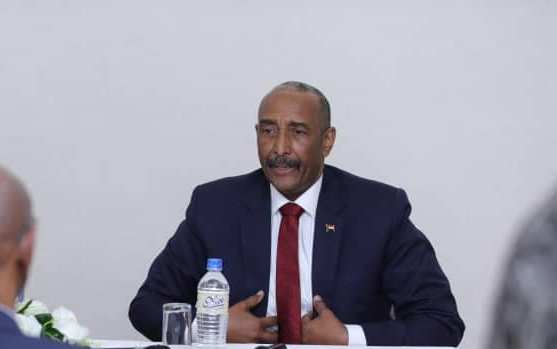Sudan’s telecommunications infrastructure is poised for a major upgrade, following a $3 million investment in advanced networking equipment and the activation of a new undersea fibre optic cable. This investment is particularly significant for the nation, which has seen its telecommunications systems severely damaged by ongoing civil unrest.
Undersea Fibre Cable: A Strategic Lifeline
The newly activated undersea fibre optic cable is a flagship project led by the Programme for Infrastructure Development in Africa (PIDA). This project, part of the strategic Port Sudan to Douala (Cameroon) Corridor, aims to connect landlocked nations in Central and West Africa to the global telecommunications network. By linking Sudan with these regions, the initiative provides much-needed connectivity for a country whose infrastructure has been severely compromised by years of conflict.
Emergency Telecommunications Cluster’s (ETC) Investment
The Emergency Telecommunications Cluster (ETC), an international group focused on providing communication services during humanitarian crises, has made a significant investment in networking equipment to bolster this fibre optic project. The new fibre technology is expected to offer reliable, high-speed internet, critical for both Sudan’s recovery efforts and its telecommunications future.
Fibre Internet Service to Launch in Key Areas
As part of the PIDA initiative, the ETC plans to launch a fibre internet service in Port Sudan by the end of the current week. This service will be extended to several strategically important locations across the country, including:
- Damazine
- Dongola
- El Gedaref
- Kassala
- Khartoum
However, the rollout in some regions, such as Kosti, has been delayed due to escalated conflict and subsequent evacuations. This highlights the ongoing challenges facing infrastructure development in conflict-prone areas.
Moving Away from Satellite Dependence
According to Richard Egwangu, ETC’s regional coordinator, the move to fibre optic technology will significantly improve telecommunications across Sudan. Fibre optics promise faster, more reliable connections than the satellite communication services currently in use, which are more costly and less efficient.
“The transition to fibre represents a huge leap forward in Sudan’s telecommunications capabilities,” Egwangu stated. The introduction of fibre networks will play a key role in enhancing communications, particularly within the humanitarian sector.
Establishing Operational Hubs
In addition to the network upgrade, ETC is working on establishing multiple operational hubs across Sudan. These hubs will serve as joint centers for humanitarian organizations involved in life-saving operations, allowing for better coordination and communication.
Challenges from the Civil War
Since the outbreak of civil war in early 2023, Sudan’s telecommunications infrastructure has been significantly disrupted. The nation has relied heavily on satellite communications as a stopgap measure since the ousting of former President Omar Al-Bashir in 2019, leaving its communications framework in a fragile state.
The new fibre optic network offers renewed hope for stabilizing Sudan’s communications landscape. It promises to create a robust framework that will support not only humanitarian operations but also the broader recovery and development efforts in the country.
A Step Toward Connectivity and Stability
With this latest investment and the activation of the undersea fibre optic cable, Sudan is set to experience a telecommunications transformation. The project not only brings immediate benefits to the humanitarian sector but also lays the groundwork for a long-term communications solution that will aid in the nation’s recovery.


















